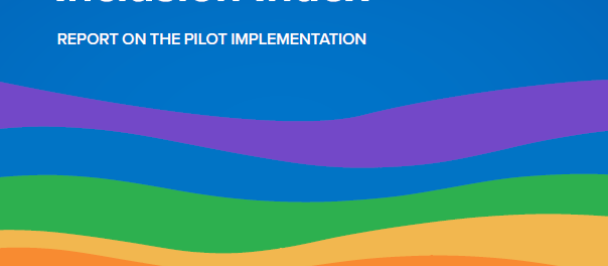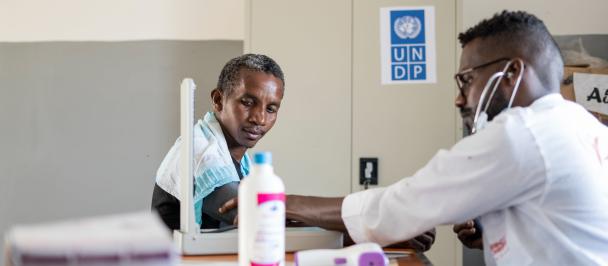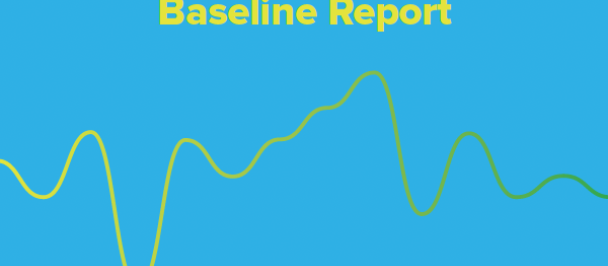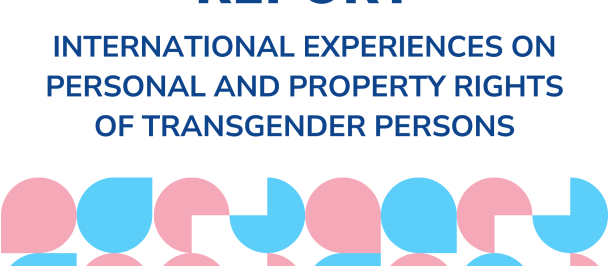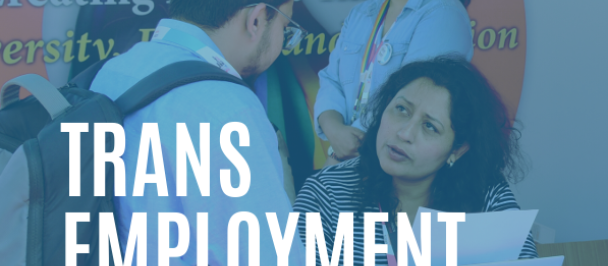Resolution 275: A decade of triumphs and tribulations in the fight for LGBTI+ rights in Africa
April 1, 2024
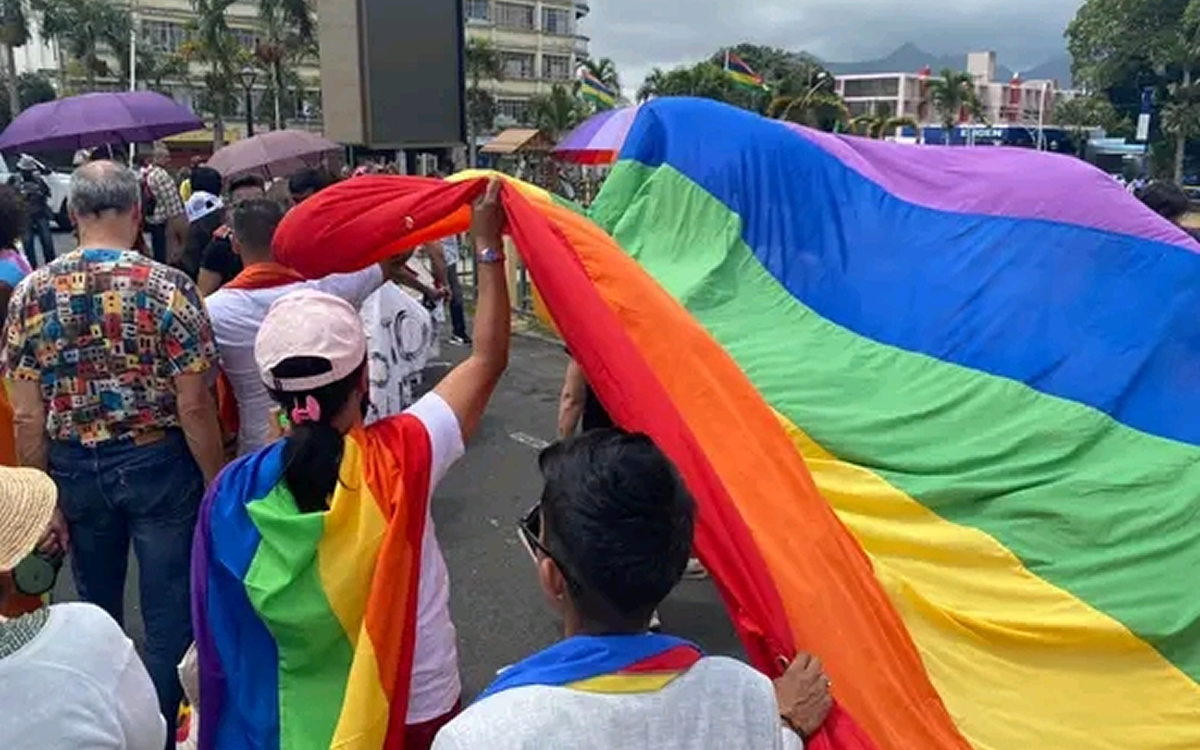
People march during Mauritius’ annual pride parade on 21 October 2023. Mauritius is the latest country on the continent to decriminalize consensual same-sex sexual relations.
Ten years ago this month, the African Commission on Human and Peoples’ Rights adopted Resolution 275, marking a shift in the landscape of lesbian, gay, bisexual, transgender and intersex (LGBTI+) rights on the continent. This groundbreaking resolution marked the first official affirmation of the rights of LGBTI+ Africans by the African Commission. The 10 years since its adoption have been filled with triumphs and tribulations as countries and the Commission itself continue to work out how to best apply and implement the requirements of the resolution.
The Resolution on Protection against Violence and other Human Rights Violations against Persons on the basis of their real or imputed Sexual Orientation or Gender Identity, commonly known as Resolution 275, was adopted in April 2014. This was achieved thanks to relentless efforts by civil society, Commissioners and other key players.
The resolution requires that countries protect human rights defenders and civil society organizations from stigma, reprisals or criminal prosecution because of their work on sexual orientation and gender identity. It further requires countries to end all acts of violence and abuse by state or non-state actors by enacting and effectively implementing laws prohibiting and punishing violence targeting people on the basis of their real or imputed sexual orientation and gender identities, properly investigating and effectively prosecuting perpetrators and establishing judicial procedures that effectively respond to the needs of victims.
Progress amidst setbacks
A decade on, Resolution 275 remains a beacon in the storm. In the years since its adoption, countries have achieved significant progress towards meeting its requirements, following a global trend towards decriminalization of same-sex sex.
Angola enacted a law prohibiting discrimination on the basis of sexual orientation and gender identity, while six countries—Angola, Botswana, Gabon, Mauritius, Mozambique, Seychelles—repealed laws criminalizing consensual, same-sex sexual relations between adults. Mauritius has also included sexual orientation as a prohibited ground of discrimination in employment. The African Commission just last year adopted Resolution 552 which affirmed the rights of intersex people on the continent, calling for countries to prohibit a broad range of human rights violations against intersex people, including violence, forced surgeries and discrimination.
However, even within these bright places of progress, there have been some setbacks, and vulnerability to discrimination and violence amongst LGBTI+ Africans remains high.
A number of countries have pushed to enact more punitive laws, policies and practices against LGBTI+ people. Despite already criminalizing same-sex sexual relations, the Anti-Homosexuality Act, enacted in 2023 in Uganda provides for the death penalty for “serial offenders” or for anyone having same-sex relations with a person with a disability, a child or of advanced aged, among others. In Kenya, a Member of Parliament has introduced a bill, which prohibits consensual same-sex sexual conduct, same-sex marriage, and activities related to them.
Equally worrying, the African Commission just two years ago rejected the observer status applications of three non-governmental organizations working on LGBTI+ rights claiming that “sexual orientation is not an expressly recognized right or freedom under the African Charter” and is “contrary to the virtues of African values” despite its own Resolution 275.
Why Resolution 275 matters
These setbacks underline the importance of Resolution 275. It remains a standard set by the African Commission on the rights of LGBTI+ Africans and continues to be a tool by which to measure country progress on LGBTI+ rights.
The central tenets of the United Nations echo the obligations in Resolution 275: the importance of the promotion of human rights of all persons, including LGBTI+, and the removal of barriers to rights and opportunities for development. At UNDP, we uphold the principles of participation, inclusion, equality and non-discrimination in all of our projects and programmes.
In Africa, UNDP’s #WeBelongAfrica programme, supported by Sweden and the Embassy of the Kingdom of the Netherlands, supports countries in sub-Saharan Africa to become increasingly accountable and responsive to, and inclusive of, LGBTI+ people and young key populations. In turn, this contributes to better laws, more responsive public sector services and social norms that affirm the perspectives, needs and rights of these vulnerable people.
Notably, in the last two years, the #WeBelongAfrica programme engaged with the Ministry of Justice in Angola to implement the 2021 law prohibiting discrimination on the basis of sexual orientation and gender identity. Though the 2021 law was a watershed moment for LGBTI+ rights in Africa, without effective implementation it would lack any impact in the real world. The #WeBelongAfrica programme worked with the Ministry of Justice to successfully take the first steps in implementing the 2021 law through the development of a National Human Rights Strategy.
The #WeBelongAfrica programme also works closely with African parliamentarians to cultivate more champions for the rights of LGBTI+ Africans. This collaboration occurs through continental parliamentarian forums, where parliamentarians are able to engage with and learn from one another. Additionally, the programme published a handbook detailing strategies for promoting LGBTI+ inclusion. Thus far, these efforts have contributed to an increased number of parliamentarians advocating for LGBTI+ inclusion in laws and policies, as well as working towards reforming laws and policies that undermine the rights of LGBTI+ Africans. This year, the #WeBelongAfrica programme will build on this work by engaging with an even greater number of African parliamentarians on issues of LGBTI+ inclusion.
To mark the anniversary of Resolution 275, later this year the #WeBelongAfrica programme will unveil a series of insightful country case studies documenting country progress against its requirements and demonstrating how the resolution can continue to steer the continent towards a future where the rights of LGBTI+ people across Africa are protected.
Despite the setbacks over the last 10 years, we know that progress is possible, as evidenced by developments across the continent thus far. With continued advocacy over the next 10 years, we can make significant gains in the implementation of Resolution 275, and in turn bolster the rights of LGBTI+ people.

 Locations
Locations
